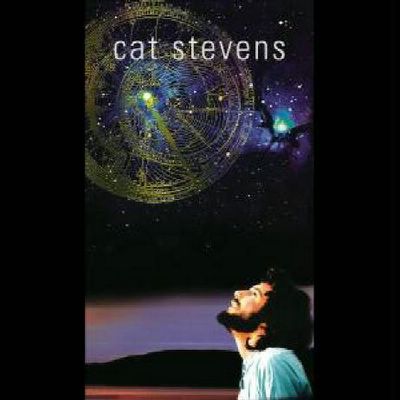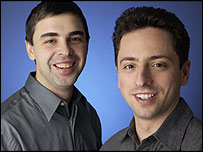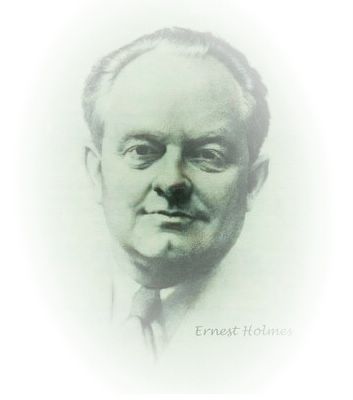Auda abu Tayi

A year or two ago I was walking downtown one morning on my way to an appointment when a phrase popped into my mind, seemingly from out of nowhere; "I am a river to my people". At the time I was leading a rather drab lifestyle, homeless and in what would be the last of a series of shelters for those unfortunate men, myself among them, who just couldn't seem to put a life together. This phrase "I am a river to my people" took on a life of its own as I continued my walk down the mean streets of the inner city. It sparked my imagination, warmed my soul and gave a clouded vision, but a vision nonetheless of new possibilities that lay ahead in my future. But why had this phrase come to me in the midst of a dismal life, and what accounted for the force of its impact on me. I couldn't get it out of my mind all that day. Because my grandfather had been killed by a Bedouin near Busrah Iraq in the 1920's, I had been given a copy of
Lawrence of Arabia as soon as the video was released, probably in an attempt to help me understand the broader picture of the struggle for independence by the Arabs from British rule. The line that had come to me is from a scene in the movie where Lawrence is trying to persuade a tribal chief, Auda abu Tayi (Anthony Quinn) to join the attack on the Ottoman Garrison at Aqaba. Auda is reluctant so Lawrence employs the tactic of questioning the chief's integrity and ability to lead. Auda's response follows; "I carry twenty-three great wounds, all got in battle. Seventy-five men have I killed with my own hands in battle. I scatter, I burn my enemies tents. I take away their flocks and herds. The Turks pay me a golden treasure. Yet, I am poor, because
I am a river to my people! Is that service?" I was embarrassed to even begin to imagine that this "being a river to my people" might be a message directed to me. The enneagram, among other descriptors, attributes to me the defining trait of "ego stinginess". Like everyone, I struggle daily with self-centerness which in my life time has led more than once to some very tragic outcomes. Who am I to be a river. I more resemble the Dead Sea with a few sources of water flowing in, but not a single trickle flowing out. But after I was done bludgeoning myself psychologically for part of the day I remembered a minor event from the night before. Two friends whom I had not seen in a long time entered the shelter where I was living to begin another attempt at putting their lives together. They had no resources and walked into a large kitchen area where we were all eating. I didn't even think about what I was doing, but got up and made them dinner and joined them just to soak up the pleasure of being reunited with two old friends that against all odds and published statistics, were still alive. Perhaps here was something I could build on and begin to develop a stream, even an intermittent stream that might grow into a river some day.
"Then a great and powerful wind tore the mountains apart and shattered the rocks before the Lord, but the Lord was not in the wind. After the wind there was an earthquake, but the Lord was not in the earthquake. After the earthquake came a fire, but the Lord was not in the fire. And after the fire came a gentle whisper. When Elijah heard it, he pulled his cloak over his face and went out and stood at the mouth of the cave. Then a voice said to him, "What are you doing here, Elijah?" I Kings 19:11-13 Now I try to remember to anticipate and listen to the "whispers" that ask, "Rick, what are you doing here?"










